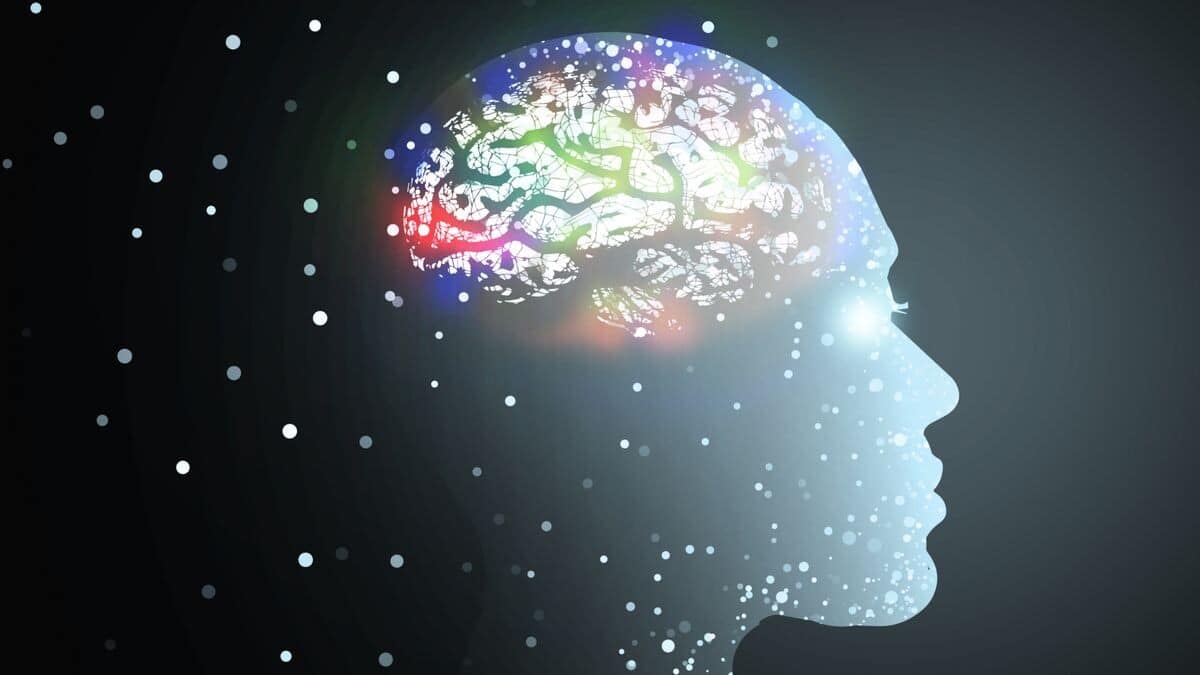
Are AI chatbots becoming sentient? Public thinks so, experts disagree
What's the story
A study published in the Neuroscience of Consciousness journal, reveals that a majority of users attribute consciousness to large language models (LLMs) like ChatGPT. Despite expert consensus rejecting the idea, the participants believe these Artificial Intelligence (AI) tools have self-awareness similar to humans. The study also found that frequent users were more likely to attribute some level of consciousness to these models.
About the study
67% users felt AI is self-aware
In the study, researchers surveyed 300 US citizens about their AI usage frequency and provided them with a brief description of ChatGPT. Participants were then asked if they believed mental states could be attributed to ChatGPT. Over two-thirds (67%) felt it could have self-awareness or phenomenal consciousness, the sense of experiencing being 'you,' as opposed to a non-sentient imitation of self-knowledge. The remaining 33% did not believe it had any conscious experience.
What's more?
Attributing some level of consciousness
The participants were also asked to rate their confidence in ChatGPT's consciousness on a scale from 1 to 100, with 100 representing absolute certainty that it is conscious, and 1 representing it is not. The findings indicated that those who used AI tools like ChatGPT more frequently, were more likely to attribute some level of consciousness to it.
Perception gap
Public perception diverges from expert opinion
The study highlighted a great divergence between "folk intuitions" about AI consciousness and expert opinions. The researchers suggested that this discrepancy could have substantial implications for the ethical, legal, and moral status of AI. They also noted that non-experts may not fully grasp the concept of phenomenal consciousness as understood by neuroscientists or psychologists, yet their perceptions could still greatly influence the future of AI.
Information
Public opinion could shape future AI regulations
The study concluded that public perceptions about AI consciousness could shape future moral concerns toward AI, regardless of their actual consciousness. The researchers emphasized the power of public opinion in steering regulation and influencing technological development.